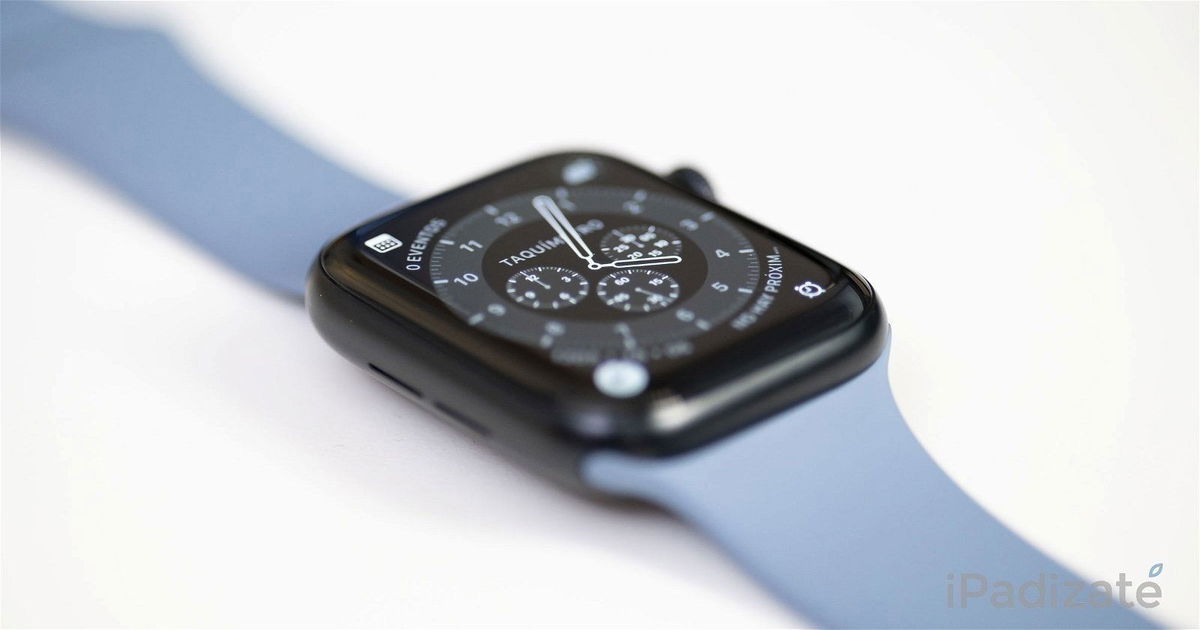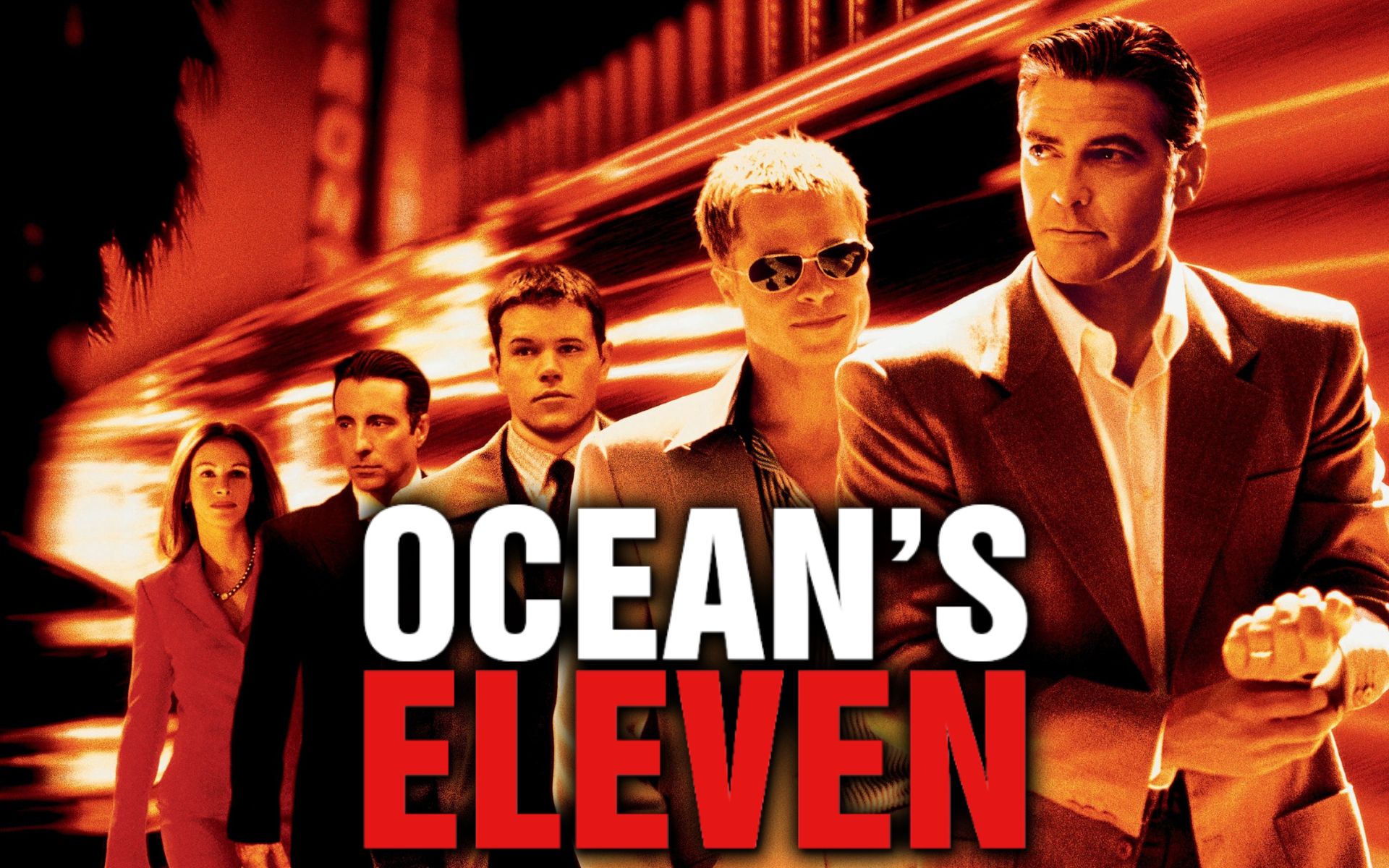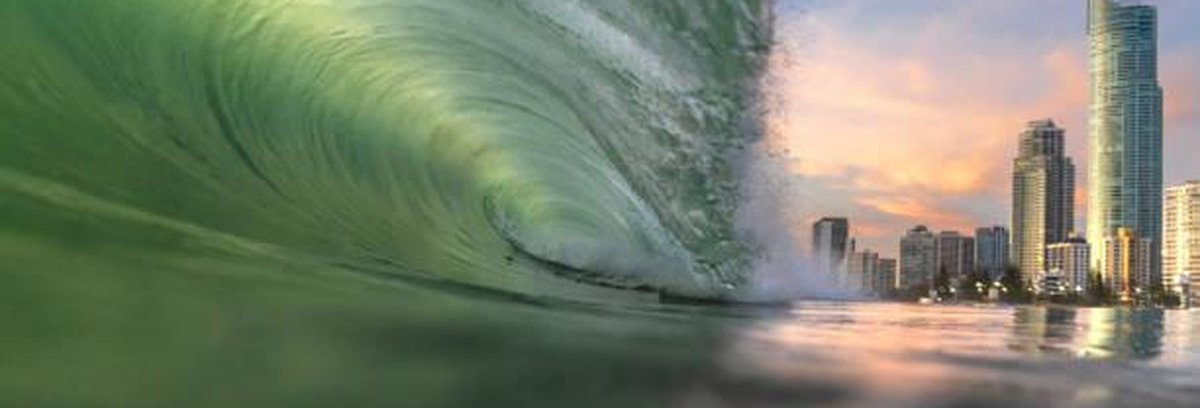Tsunamis cause concern in various parts of the planet, especially in coastal areas, as they have the power to destroy cities and kill thousands of living creatures. Other activity Tsunami, which can also cause natural disasters, may not be as well known as tsunami..
In September 2023, one of the last major tsunamis occurred when a large rock broke away from Dickson Fjord in eastern Greenland. The impact caused a tsunami with waves reaching up to 200 meters high. The reaction was so strong that it created a vibration throughout the Earth for nine days.
So what exactly is a tidal wave? The truth is that although tidal waves and tsunamis are natural events, they are quite different. Tsunamis are usually caused by large displacements of the seabed. In events such as underwater earthquakes (tidal waves).
On March 11, 2011, a magnitude 9.0 earthquake occurred in the Tohoku region of Japan, creating a tsunami with giant waves that devastated the region and killed almost 20,000 people. It was precisely this event that caused the disaster at the Fukushima Nuclear Power Plant, where a series of malfunctions caused some nuclear reactors to melt down.
We gathered information from researchers, geologists, and other experts on the subject to illustrate the differences between a tsunami and a tidal wave in a scientific context. Check this out!
What is a tsunami
The word ‘Tsunami’ comes from Japanese and consists of two parts: ‘tsu’ meaning harbor and ‘nami’ meaning wave. Together they translate as ‘the wave crashing into the harbour’. Tsunamis are giant waves that can be caused by different events. such as earthquakes, volcanic eruptions, underwater landslides and tidal waves.
Although these giant waves are not very high in the deepest parts of the ocean, they begin to get larger as they approach the shore. Moreover, the speed of the tsunami also depends on depth: the deeper the ocean, the faster it moves; the shallower the slower it is.
In an official publication, the United States National Oceanic and Atmospheric Administration (NOAA) explains that in many cases: People use the terms ‘tsunami’, ‘tidal wave’ or ‘tidal wave’ synonymously to describe extremely destructive giant waves. However, the North American institution explains that these events are not the same.
“Perhaps the most devastating tsunami in recorded history occurred on December 26, 2004, after a 9.1 magnitude earthquake displaced the ocean floor off the Indonesian island of Sumatra. Two hours later, waves up to 9 meters high hit the eastern coasts of India and Sri Lanka, approximately 1,200 km away. “More than 200,000 people were killed,” it is described in the Britannica encyclopedia.
Differences from tidal wave
The terms are often used interchangeably with giant waves, but Tsunamis are caused by seismic shocks at the bottom of the ocean. They are also often described as underwater earthquakes.
These tremors produce energy that can create large waves; in some cases at tsunami level. It is important to emphasize that: Tsunamis can contribute to the propagation of waves that cause tsunamis, but these events are not always linked.
How does a tidal wave work?
A tidal wave is also neither a tidal wave nor a tsunami. In the United States, the terms tidal wave and tsunami are also often synonymous, but they are completely different.
This is about A natural phenomenon caused by gravitational interactions between the Sun, Moon, and Earth’s oceans. Unlike other types of waves, tidal waves are constantly produced by these influences and are responsible for the natural movement of water in the oceans, unlike wind-induced waves that enable athletes to surf.
Did you like the content? So, stay updated with more topics about Earth science at TecMundo. Take the opportunity to understand why sea waves are getting stronger as global warming increases. Until next time!
Source: Tec Mundo
I’m Blaine Morgan, an experienced journalist and writer with over 8 years of experience in the tech industry. My expertise lies in writing about technology news and trends, covering everything from cutting-edge gadgets to emerging software developments. I’ve written for several leading publications including Gadget Onus where I am an author.













